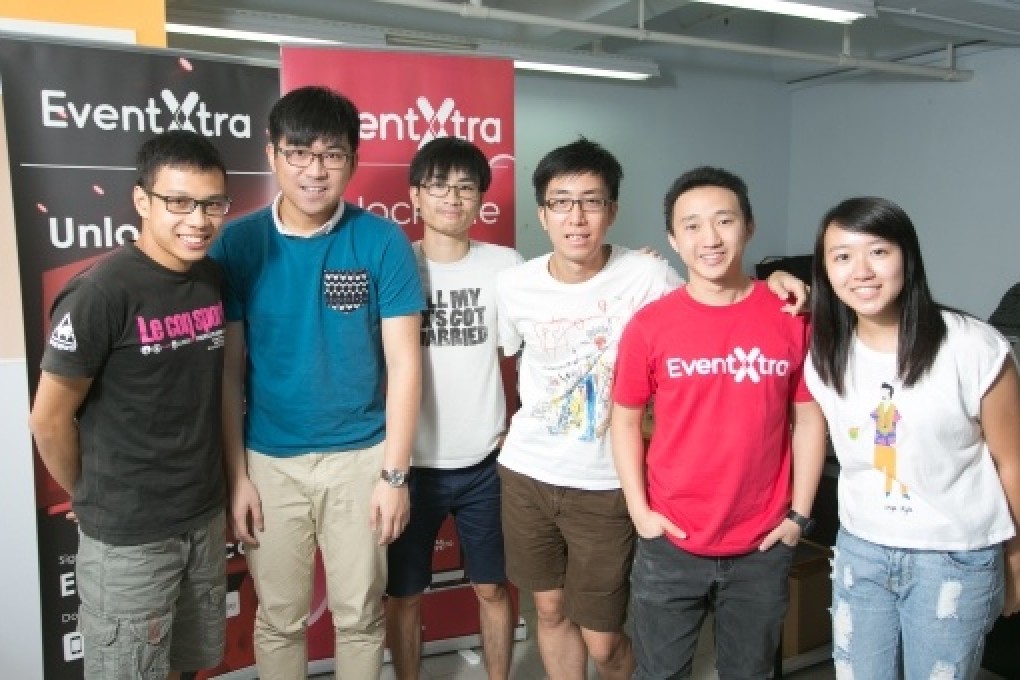
Sum Wong, co-founder and chief executive of Eventxtra, founded his first start-up while at university, and hasn’t looked back since. As an information technology student, he has an exceptional market sense. Wong saw that event organisers were having a hard time monitoring their delegates, and so he came up with an IT solution. His start-up Eventxtra has revolutionised the way events are organised.
What does Eventxtra do?
I attended many events and saw that organisers had to employ several people and spend a huge amount of time just to create name tags for guests and check their attendance. I thought something could be done to make the process easier, so I developed apps that can print name tags instantly when guests arrive at the event and help them sign in with just a click on the phone. This takes some of the burden off event organisers.

I also developed “smart-networking”. Delegates can check the profiles of event participants and set up appointments for onsite meetings.
There is also an app that helps organise contact information. People usually come back from events with loads of name cards. The app can put the contact into different categories.